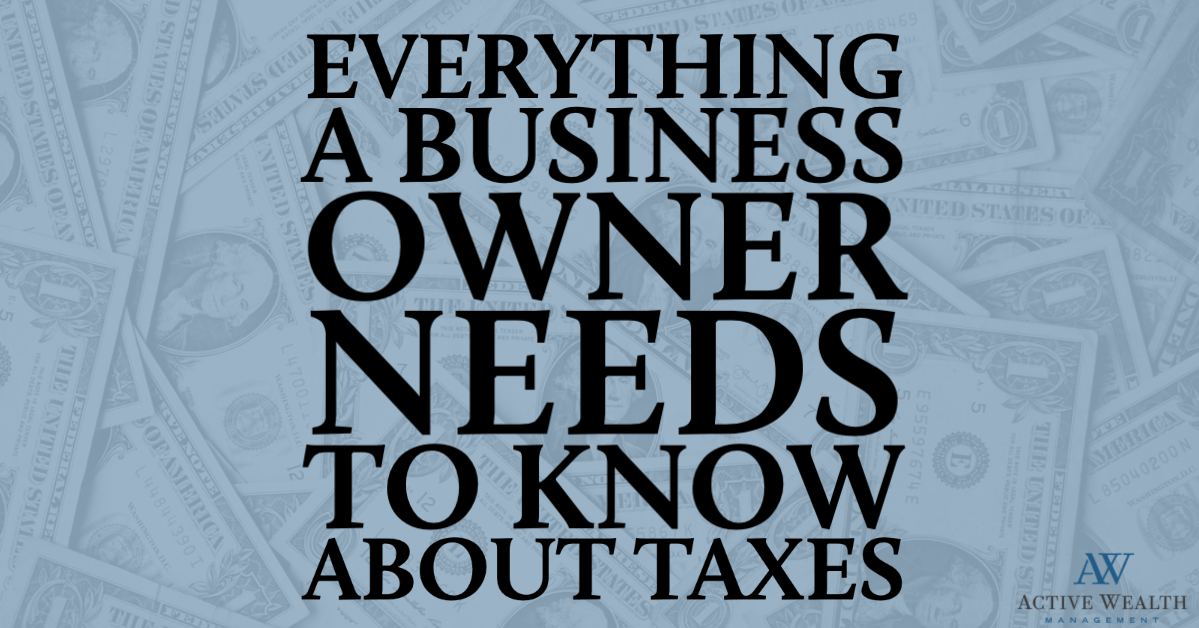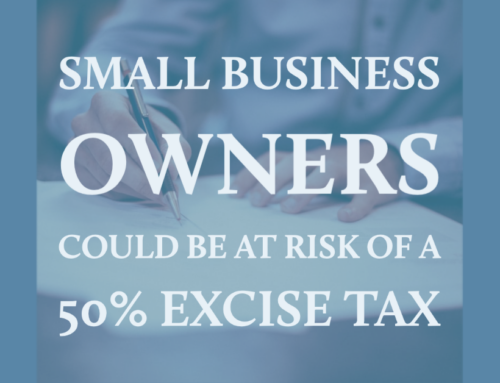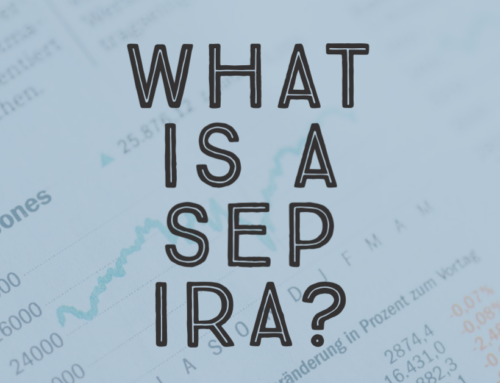As a business owner, there are a lot of things you need to think about when planning out your monthly expenses and setting aside money for the future. One of the biggest things you need to think about are the taxes that you will be responsible for. If you properly plan for these, you will be able to focus on other areas of your business.
Here are some basic facts for small business owners:
- Depending on the type of small business you own, you could be paying up to 19.8% in taxes on average.
- If you are the sole owner of your business, you will pay an average of 13.3% in taxes.
- If you run your business with one or more other people, you will pay an average of 23.6% in taxes
- 75% of small businesses are considered “unincorporated pass-through entities,” which means that you won’t be paying a corporate income tax. You will pay your personal tax rate instead.
There are a few different business types that will dictate the tax rules you must follow.
- Sole Proprietorship – As the owner, you report your business income on your personal taxes
- Partnership – You and your business partner each report your individual business income on your personal taxes
- Corporation – Your business will pay the tax itself, so you will not report business income on your personal taxes.
- The current corporate tax rate is 21% (down from 37% due to the Tax Cuts and Job Act)
What are you responsible for as a business owner?
- Your income tax, as well as federal and state taxes as applicable
- A self-employment tax, which covers Social Security and Medicare
- Current rate = 15.3%
- Payroll taxes, which are 7.25% of an employee’s gross payroll
- Any unemployment or workers’ compensation taxes may be extra
- Capital gains taxes, which is taxation on the investments or sale of your assets
- Assets held for more than a year will be taxed 0, 15 or 20%, depending on overall income (higher rates apply for higher incomes)
- Assets held for less than a year will be considered part of the business’ income and taxed according to income brackets
- Property taxes, which are taxes on any buildings or land owned by the small business
- These vary from 0.18% to 1.89% depending on the state
- Dividend taxes, which are taxes on any dividends resulting from investments made by your business
- Those dividends will be considered income and will be taxed according to your tax bracket as the business owner or the corporate tax rate.
Here are some tips for making sure you have enough money to pay your taxes:
- Plan to set aside 30-40% of your income. You pay federal and state income taxes quarterly, so make sure to set aside funds regularly
- How established is your business? Use these guidelines to decide how and when to set aside money:
- If you are new to owning a business, try setting aside at least 30% every time you’re paid
- If you’ve recently turned a profit, save 30% on a monthly basis
- If you enjoy fairly stable profits year by year, take last year’s net income, divide it by four, and then take 30% of that number. Plan on saving that amount quarterly
- It is also a good idea to set aside the funds you want to use for taxes in a separate business bank account. If you can, it’s better to set up automatic transfers into this separate account
- If you’re worried that you’ll underestimate the amount you owe, that’s okay! You will fall under the safe harbor rule as long as you pay as much taxes quarterly as you did in the previous year, according to the IRS. This means that you won’t be penalized for underpaying.
Take some time to sit down and go through what you are paying each month. Keep track of the taxes you owe so that you know what to plan for. Having a plan helps you to be prepared should some unexpected expenses come up. If you have a plan for your business taxes, you can start making a plan for other expenses, like transfers to your retirement account. Consult a financial professional if you need advice on what’s best for your business when it comes to finances.
You can visit https://www.irs.gov/businesses/small-businesses-self-employed/filing-and-paying-your-business-taxes for more information on filing your business taxes.
Disclaimer: Information provided is not intended as tax or legal advice, and should not be relied on as such. You are encouraged to seek tax or legal advice from an independent professional.
***
Active Wealth Management is a private wealth management firm located in Atlanta, GA. Our team is passionate about educating clients in order to empower them to invest and retire successfully and we believe in managing our client’s assets actively. Active Wealth Management works with three primary groups of people; pre-retirees, retirees, and business owners.
Active Wealth Management is led by our Founder and President, Ford Stokes, and by our Senior Vice President, Brandy Seats. They aim to help clients understand their current financial situation, analyze their current portfolio, and develop a customized financial plan to accomplish their goals. If you would like more information about the firm, please visit our website, https://activewealth.com, or call our office at (770) 685-1777. You will not be passed off to another advisor. You will meet with either Ford or Brandy. You can schedule an appointment directly here: https://activewealth.com/consult/. We look forward to meeting with you!






